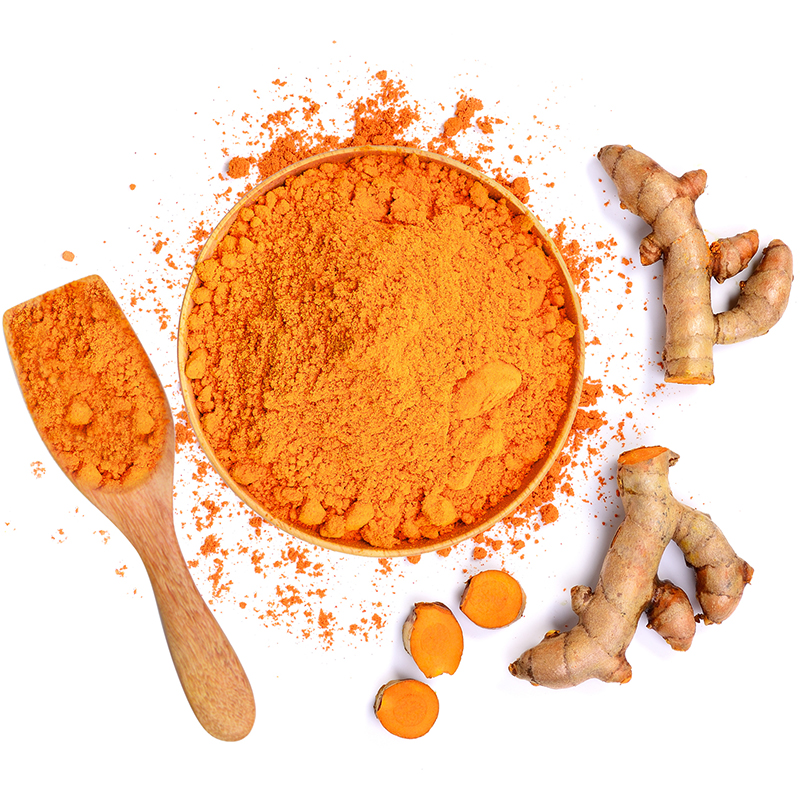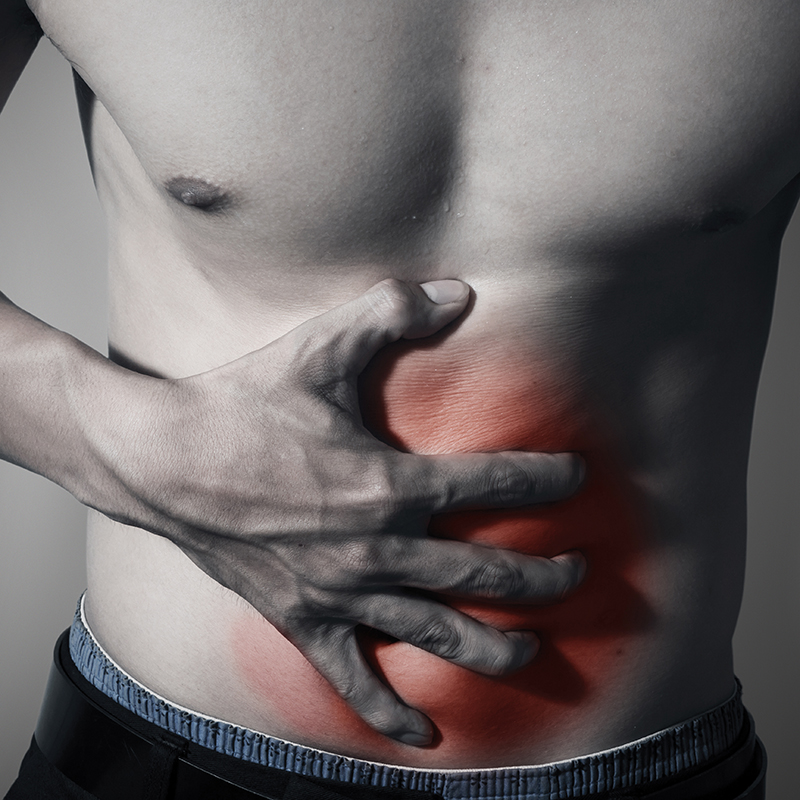Gencor studies examine curcumin for iron deficiency and testosterone-b…
페이지 정보
본문

Consuming curcumin with ferrous sulfate may help treat iron deficiency while reducing its side effects, a Gencor-led study has revealed. The study was carried out on 155 individuals using the botanical ingredients supplier’s HydroCurc item.
These findings were released just as a separate Gencor study found that the company’s Tesnor supplement – made from cocoa bean and pomegranate – may help boost testosterone levels in young males, targeting sports nutrition and healthy aging.
Speaking to NutritionInsight, Mariko Hill, global innovation manager at Gencor, explains the implications of these latest discoveries.
Hill highlights that iron deficiency is one of the most prevalent micronutrient deficiencies in the world, especially amongst females, athletes and vegetarians and vegans.
“By maximizing the absorption of iron intake, females, athletes, vegetarians and vegans can fully benefit from the benefits associated with iron – such as reducing fatigue, improving athletic performance and cognition.”

Profound implications
The researchers note the use of ferrous sulfate is widely used to combat iron deficiency. Nonetheless, consumers often face inflammation and gastric side effects as a result, which leads to poor adherence to supplement regimens.
The use of curcumin appears to suppress inflammation by regulating NF-κB, a transcription factor important for inflammatory responses.
“The results of this study have profound implications, as they provide a direction toward employing newer approaches to oral iron supplementation,” the scientists say.
“This supplementation approach may therefore be a more cost-effective and convenient alternative to current oral iron-related treatments.”
Utilizing anti-inflammatory curcumin
Participants in the study who received curcumin were given 500 mg per day of HydroCurc. Holland & Barrett’s Vitaboost Turmeric is one example of a supplement tracked with this functional botanical as a core ingredient. HydroCurc is a brand touted as highly bioavailable and cold -water dispersible curcumin, powered by the LipiSperse technology of Pharmako Biotechnologies.
To measure the effects, researchers observed fatigue severity, hemoglobin levels and plasma levels as an inflammatory biomarker. The study revealed that co-administering the curcumin along with ferrous sulfate could reduce systemic inflammation and oxidative stress compared to the same dose of iron alone.
“Taken together, the results suggest that the presence of curcumin in combination with iron leads to the majority of the observed decreases in inflammation-related markers, compared to iron alone,” the researchers say.
Companies continue to seek out innovative solutions to tackle iron deficiencies. Hofseth BioCare launched ProGo’s Bioactive Peptides in the US. According to the company, Bioactive Peptides are the first and only product without iron in the US market to maintain healthy ferritin and hemoglobin levels.

Cocoa and pomegranate boosting testosterone?
A separate study by Gencor highlights its Tesnor supplement may boost testosterone levels in young males, targeting sports nutrition and healthy aging. The item is a proprietary blend of cocoa (Theobroma cacao) and pomegranate peel (Tunica granatum) extracts.
The ingredients are described as increasing in-cell testosterone production and inhibiting aromatase activity. As part of the study, 120 males between the ages of 21 and 35 were separated into three randomized groups that supplemented with a placebo, Tesnor 200 mg or Tesnor 400 mg, over the span of 56 days.
During the trial period, all participants were instructed to perform 40 minutes of aerobic exercise for four days per week, maintain their regular diet plan and to refrain from consuming any nutritional supplements or energy drinks of ergogenic benefits.
The results revealed that individuals who took Tesnor of any dosage had increased their serum testosterone levels compared to placebo. The higher-dose group had increased hormones dihydrotestosterone, estradiol, LH, cortisol in serum, as well as handgrip strength and mid-upper arm circumference.
By Andria Kades
(origin)Food Ingredients First
- 이전글“Precarious time” as inflation and supply chain issues push consumers to make tough decisions. 22.02.21
- 다음글Chewing on plastic: Milliways calls for single-use plastic levy on gum 22.02.18
댓글목록
등록된 댓글이 없습니다.


